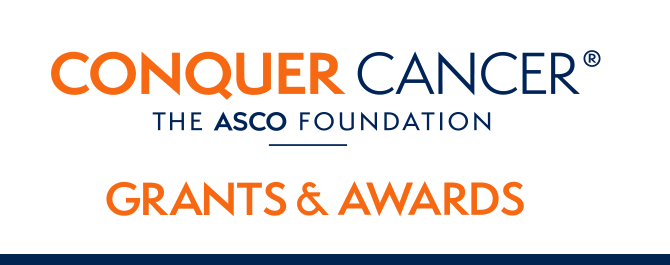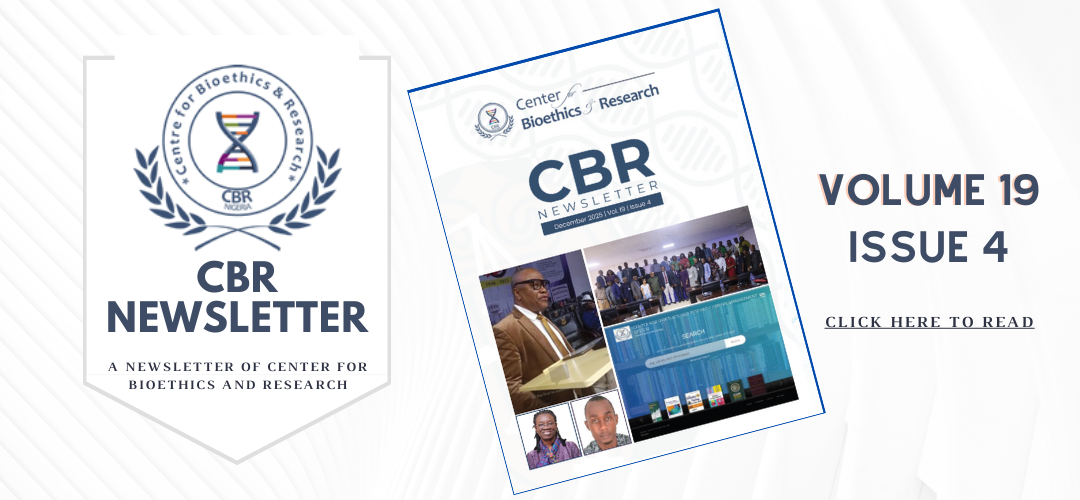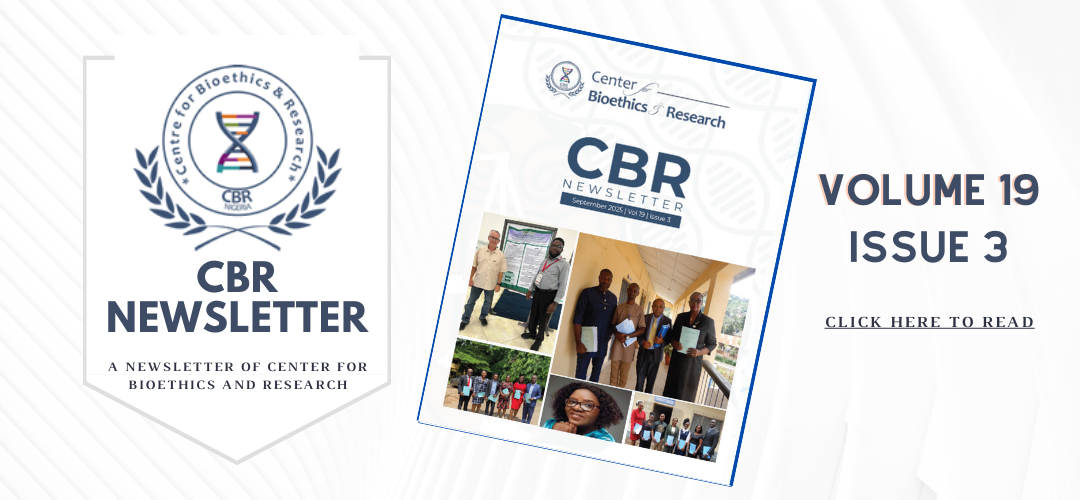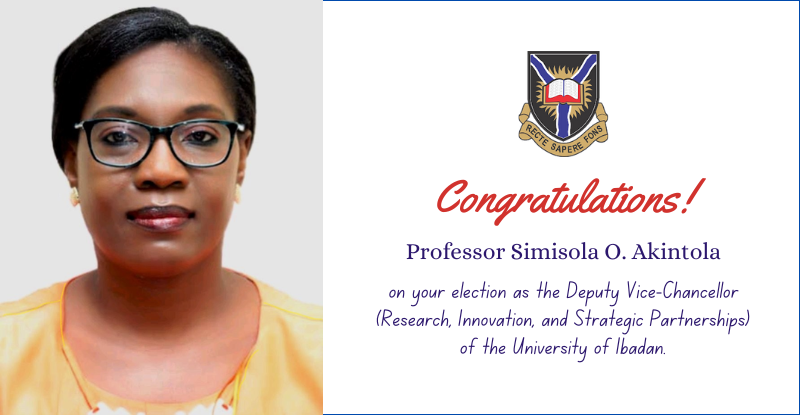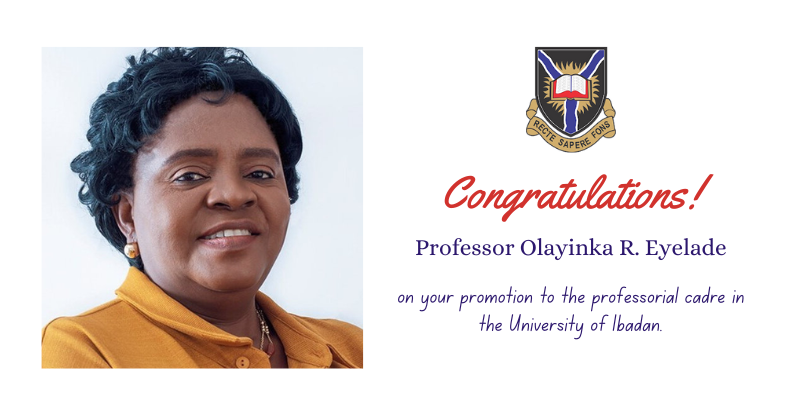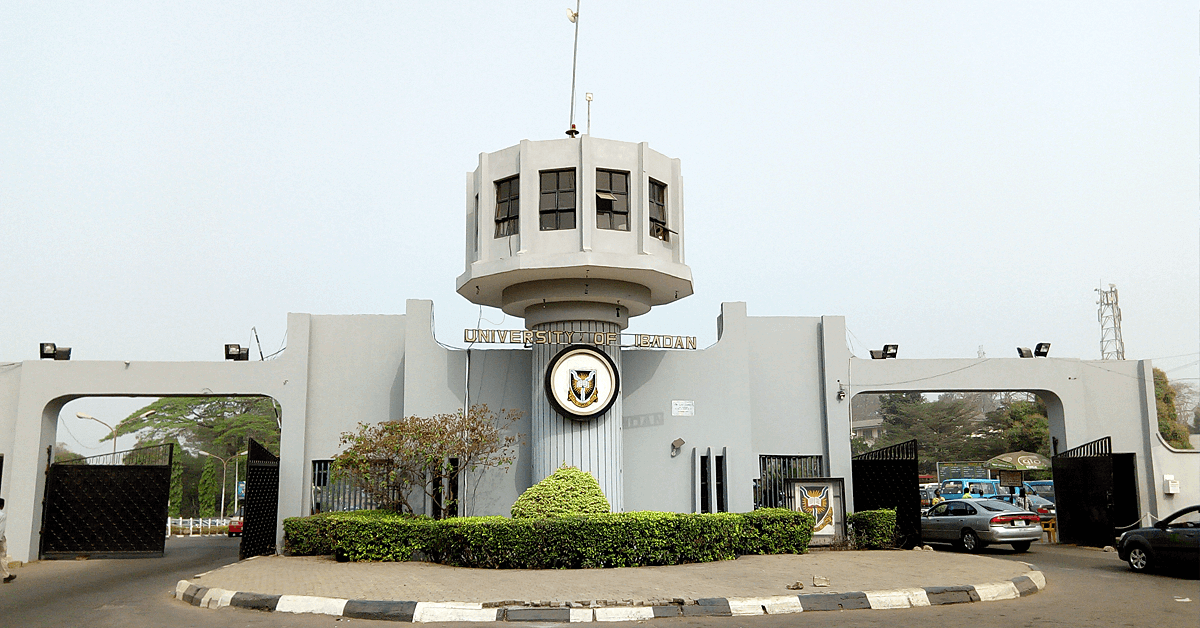The Center for Bioethics and Research (CBR) Nigeria organized the first Weekend Retreat for the second set of participants that were admitted into the blended diploma program of CBR for 2019. The Retreat was held from November 1st – 3rd, 2019 at the prestigious Davies Hotel, Ibadan.
The participants arrived at the hotel and were astonished by the grand ambience of the venue for the Retreat, the atmosphere was calm and relaxing as they checked-in to their rooms. Later that afternoon they had a delightful lunch and a review of lectures that had been covered in the first month of the program. After the review of lectures in the evening, they had dinner and went to bed looking forward to the next day’s experience.
The Weekend Retreat is an opportunity for participants to get to know each other and to look with new eyes on the ethical review process for members of ethics committees, the challenges and human development more broadly.

Activities for the second day of the retreat commenced by informing the participants about the operations and training opportunities offered by the Center for Bioethics and Research. Dr. Adebayo Adejumo informed them about the postgraduate degree program in Bioethics at the University of Ibadan and the online ethics training programs such as CITI and TRREE that are useful to the participants in their review of protocols, it also improves their understanding of Research Ethics. He welcomed participants to the retreat on behalf of the Director, Center for Bioethics and Research. The participants were also given the opportunity to introduce themselves and mention what they do for a living.
After the introductions the review of lectures was next where the following topics were reviewed: Composition of ethics committee, Roles of different categories of ethics committee members and administrators, and Methods of ethics committee review of protocol.

Dr. Adejumo mentioned during the review of lectures that a major breach of ethics was recorded when the Nazi trial took place after World War II, captives were subjected to inhumane treatment and this led to the development of the Nuremberg Code which is a set of Research Ethics Principles for human experimentation. Later on the World Medical Association developed the Declaration of Helsinki as a statement of Ethical Principles for Medical Research involving human subjects, the declaration is addressed primarily to physicians. He added that National Council on Health approved the National Code of Health Research Ethics (Nigeria) in 2007. He told the participants that even though codes exist for research purposes without full enforceability researchers would always find ways to circumvent the codes and laws.
As usual, CBR Weekend Retreat featured a guest lecture for participants, the guest lecture for this retreat was titled ‘Ethics of End of Life Care’ by Dr. Olayinka Eyelade. She described end-of-life care as a terminal, hospice or palliative care which minimizes/prevents suffering/pain while offering psychological and spiritual support for the patients and their family. She said that end of life medical interventions include nursing, medication, nutrition, resuscitation and blood transfusion. She gave an historical evolution of end-of-life care by describing the various legal battles that have amounted from it such as the cases of Karen Ann Quinlan, Nancy Cruzan, Terri Schiavo.

Dr. Eyelade mentioned that the decision-making process is a vital component of end-of-life care for the physicians, patients, family and other healthcare givers. She said the two major approaches to decision making in end-of-life care can be described as either rational or non-rational. She explained further that conflict of interest may arise from end-of-life care from situations such as communication breakdown and shared decision making. In her closing remarks, she listed some of the policies regarding end-of-life care as cardiopulmonary resuscitation, advance directive, surrogate decision maker, living wills, prognostication, medical futility and bereavement.
There were comments and questions from the participants at the end of the guest lecture. It was a very interactive session. The participants suggested the development of a communique to the government to address some of the issues that were mentioned during the guest lecture.
A group photograph was taken with the guest speaker at the end of her presentation.
Following the guest lecture, there was a mock IRB Session for participants at the retreat and Cases were selected from the Casebook on Ethical Issues in International Health Research by the World Health Organisation (WHO).
Case Numbers 14 and 57 were selected for the participants to deliberate upon. They were divided into 2 groups to form ethics committees, each group appointed a Chairman and a Secretary for the deliberation on their cases. One of the groups reviewed the Case titled – Evaluating the Use of Traditional Medicines for Diarrhea. The other group reviewed the Case titled – Testing a treatment for Schizophrenia.

At the end of the deliberations the appointed secretary for each group made a presentation based on the deliberation of the group and the final decision of each group. Prof. Jegede and Dr. Adejumo listened to the presentations from the 2 groups, asked questions about how each group arrived at the decision that they made concerning the cases that they reviewed. At the end of the presentations the facilitators of the retreat commended the participants for their effort and made some recommendations on deliberation of protocols.
In the morning, on the last day of the retreat, the participants were reluctant because it was the last day of the retreat, they mentioned how they had learned a lot from the facilitators and their colleagues during the Weekend Retreat and they wished the retreat was for a longer period.
Prof. Jegede spoke briefly about discussions and lectures that had been reviewed in the first 2 days of the retreat. There was a 30 minute tea break, after the break the last set of lectures on Ethical review processes, Voluntariness, Privacy and confidentiality were reviewed. After the review of lectures, the participants were informed about advanced bioethics training and job prospects for Bioethicists both locally and internationally.
After the closing remark by Mr. Damola Oyafajo, the participants and facilitators stepped outside for the last group photograph for the first Weekend Retreat. The participants received their transportation reimbursement to and from the venue of the retreat at the end of the activities for the Weekend Retreat.

From left to right: Mr. Nnaji Chinedu Simeone Mr. Olusegun Adeyemo, , Mr. Odeniyi Michael Olalekan, Mr. Oyindamola Oyafajo, Mr kakako Saheed, Mr Orum Gabriel, Mrs Adeniji Ajoke Oluwatobi, Mr Oluranti Idowu Olufemi, Prof. Samuel Jegede, Mrs Ogunyemi Funmilayo, Mrs Afolabi Tosin , Mr Mordecai Godstime, Mrs Leo-Olagbaye Afesobi , Mr Folarin Joseph Olalekan and Mr. Idowu Joseph Olufemi.
List of participants that attended the Weekend retreat.



